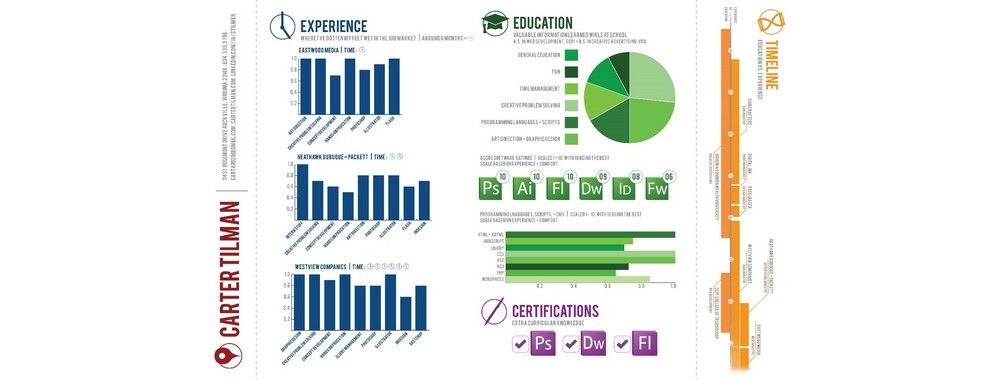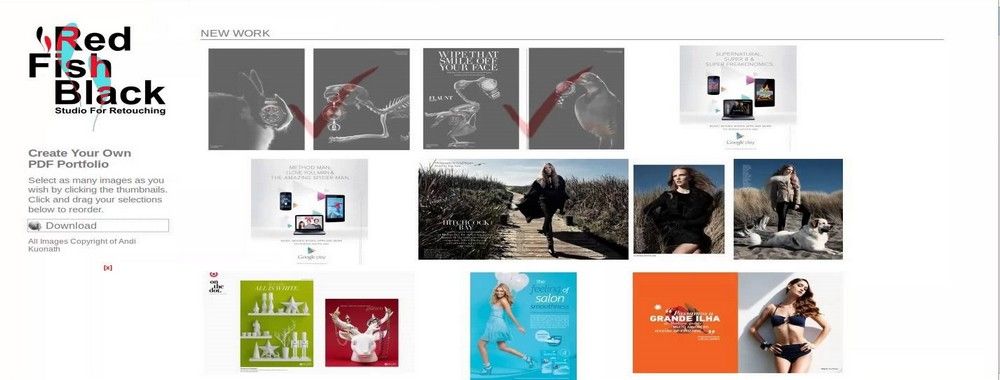Market research is a huge field of endeavour, and many overlaps exist between market research and User Experience research. However, if you’re running a start-up business and don’t have the time to learn the entire field of research, four simple steps can help you conduct market research to understand your clients better without spending a fortune or days’ worth of time on the process.
Market research can help a small business in a multitude of ways. It helps you understand, among other things:
Whether there is a market for your services
How big that market is
Who your customers are
How much they pay
Whether you can make a profit
Who your competitors are
What the best ways to market to your customers might be
Market research is a big complex area, and it’s a profession in its own right. Don’t let that put you off. You do not need to be a fully qualified market researcher to carry out market research for a start-up business. There is a simple process to follow for any market research activity.

Author/Copyright holder: Thomas Hawk. Copyright terms and licence: CC BY-NC 2.0
Market research isn’t designed to ruin your dreams – it’s there to make sure that your dreams will support you as a freelancer.
The 4 Steps to Market Research
You need to be able to answer four simple questions to be able to carry out effective market research for your freelance business:
What will you do with the analysis? This is the most important question of them all. You don’t do research for its own sake and not because “it’s the right thing to do”. Will the data help you improve your marketing? Will it help you price your service? Will it help you shape your service? You must be able to determine what you will do with the work once you have it.
What data do you need? Research is carried out to answer specific questions. The first step in the research process is to work out what specific questions you might want answered. When you know the questions you want to answer, you’ll be able to tell what information you need to answer them.
How will you collect the data? There are a million ways to do this. You might be able to get your information from a Google search or a review of answers to such a search. You might need to do a survey of your local Yellow Pages or walk around town. You might want to do a questionnaire (over the phone or in person. If you’re good and get right to the point in asking potential clients about their needs, a questionnaire can actually work as marketing as a way to get in touch with your first clients). You might want to purchase data. When you know what data you want – you can decide how you will obtain that data in a way that makes sense for your budget and time resources.
How will you analyse the data? There are two main forms of data analysis—qualitative and quantitative. Quantitative analysis involves counting responses to a question. Qualitative means making sense out of data that can’t be counted in any meaningful way. You can research the best type of analysis for your data online – dozens of statistical tests and non-statistical tests can be applied to a data set—most are very easy to learn.
The good news is that the majority of data you need for market research already exists and is pretty easy to find on the internet. There was a time when you’d have needed to reinvent the wheel, but today, as long as you can use Google… you can find out a lot of what you need to know from the comfort of your desk.
 Author/Copyright holder: David Horowitz. Copyright terms and licence: CC BY-SA 2.0
Author/Copyright holder: David Horowitz. Copyright terms and licence: CC BY-SA 2.0
There are lots of ways to conduct market research – you don’t need to make things overly complicated to get useful results.
What About Using a Market Research Consultancy?
Sure, you can outsource your market research—if you can afford to (these services don’t normally come cheap)—but you should always go through the process above and carry out at least a little bit of research yourself first. It will help you better understand when a question is too complex for you to answer easily and make it easier to communicate to a market researcher what you really want to know.
In many cases, the only part of the process you may need to outsource is the analysis; if the tests you want to do are too complicated for you to learn and put into practice easily, it makes sense to outsource. However, we think the basic questions that most people want to ask when they get started can easily be answered without too much complexity—if you just give a little thought to the market research process you will use.
 Author/Copyright holder: Jordanhill School D&T Dept. Copyright terms and licence: CC BY 2.0
Author/Copyright holder: Jordanhill School D&T Dept. Copyright terms and licence: CC BY 2.0
Market research can be done by a consultancy on your behalf, but you may find it much more cost-effective to do the work yourself.
The Take Away
It’s important to remember that the one thing market research can’t tell you is whether people WILL BUY your services. It can tell you if there’s a market, if there are competitors, and it can tell you how much people pay and so on… but it can’t effectively confirm that you will succeed. Market research is really useful for defining a market and how to approach it. The rest is up to you.
If you follow this simple process, you should find that market research is something you can do easily and well without investing too much time and money. Google is your friend, and most research isn’t that complex.
No one knows who said it, but the most basic truth of market research is, “No research is better than bad research.” So, make sure you do your market research well.
 Author/Copyright holder: Jordanhill School D&T Dept. Copyright terms and licence: CC BY 2.0
Author/Copyright holder: Jordanhill School D&T Dept. Copyright terms and licence: CC BY 2.0
Feel free to display your market research in a way that’s most useful to you.
References & Where to Learn More
Hero Image: Author/Copyright holder: Rikke Friis Dam and the Interaction Design Foundation. Copyright terms and licence: CC BY-NC-ND
Seth Godin, All Marketers Are Liars: The Underground Classic That Explains How Marketing Really Works--and Why Authenticity Is the Best Marketing of All, 2005
Seth Godin, Purple Cow: Transform Your Business by Being Remarkable, 2003
Inc. Com offers a detailed guide to market research here: How to Do Market Research
Some guidance on doing market research on a tight budget can be found here.












